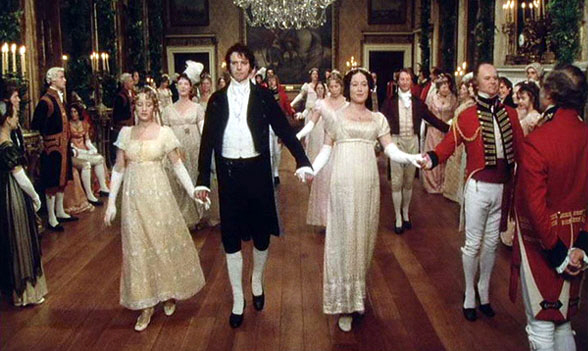An often overlooked tidbit about Baroque dances is that they all came from humble roots. When we hear the words "Minuet" or "Gavotte," something like this probably comes to mind:
In other words, the formalized rich person's version came to mind. The rich systemized the moves and applied "order" but that is not where all these dances came from! Most of the Baroque style dances were peasant dances done around a fire. So the original dances would have looked something more like this:
Yes, I realize that that is a clip from a Hollywood-ized movie. I also realize that the music in the back is more Celtic rather than French, which is where most of the Baroque dances originated from.
But the vibe of that scene is not too far off. There's a fire. People are drinking. None of them are rich. There's a distinct earthiness, especially with the slow dance. Nothing about it feels like this:
I think this is a cool thing to explain to students when they are feeling detached from their music. Baroque dances did not just suddenly appear. There's a rich history behind them.

Comments
Post a Comment